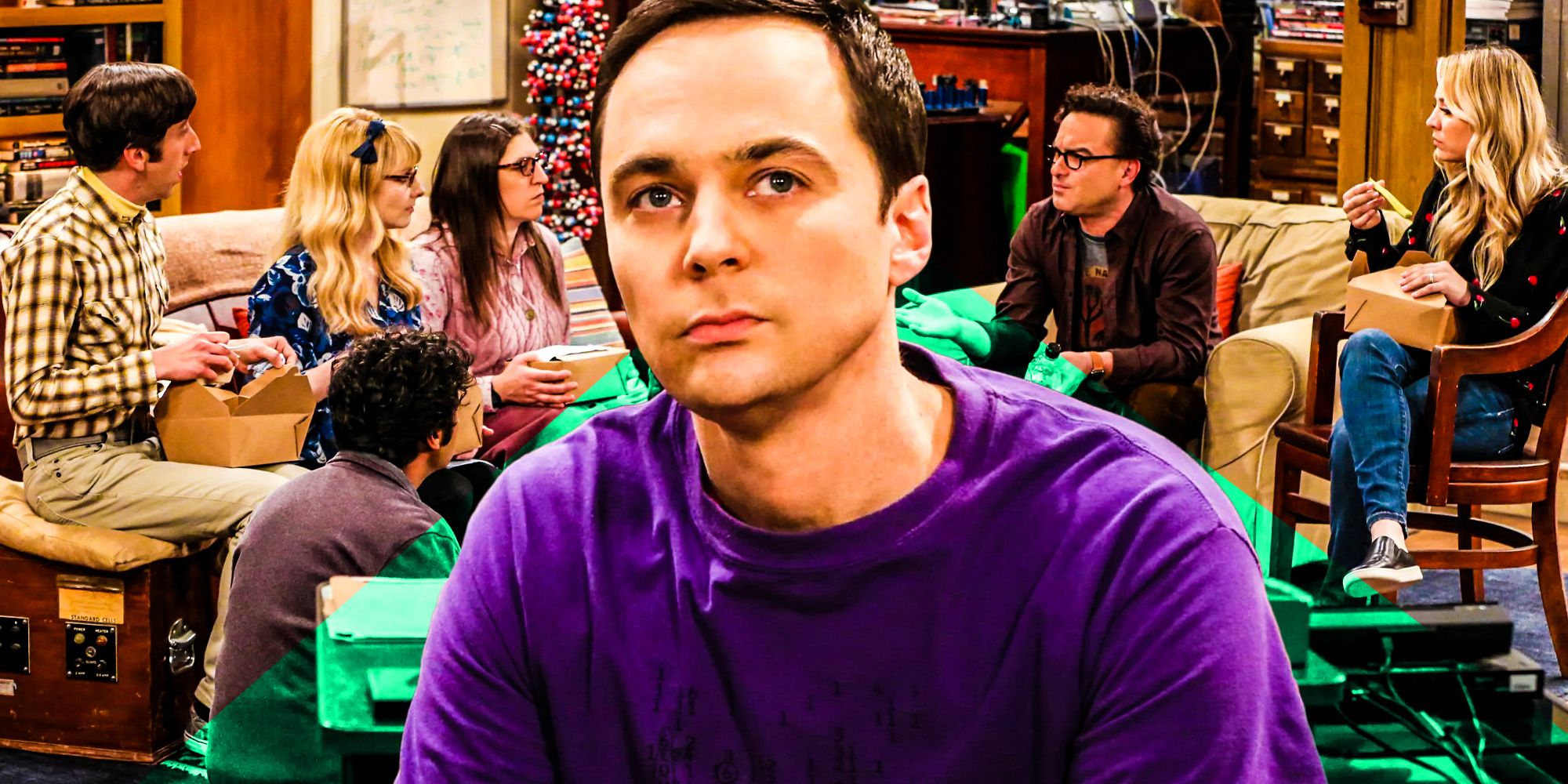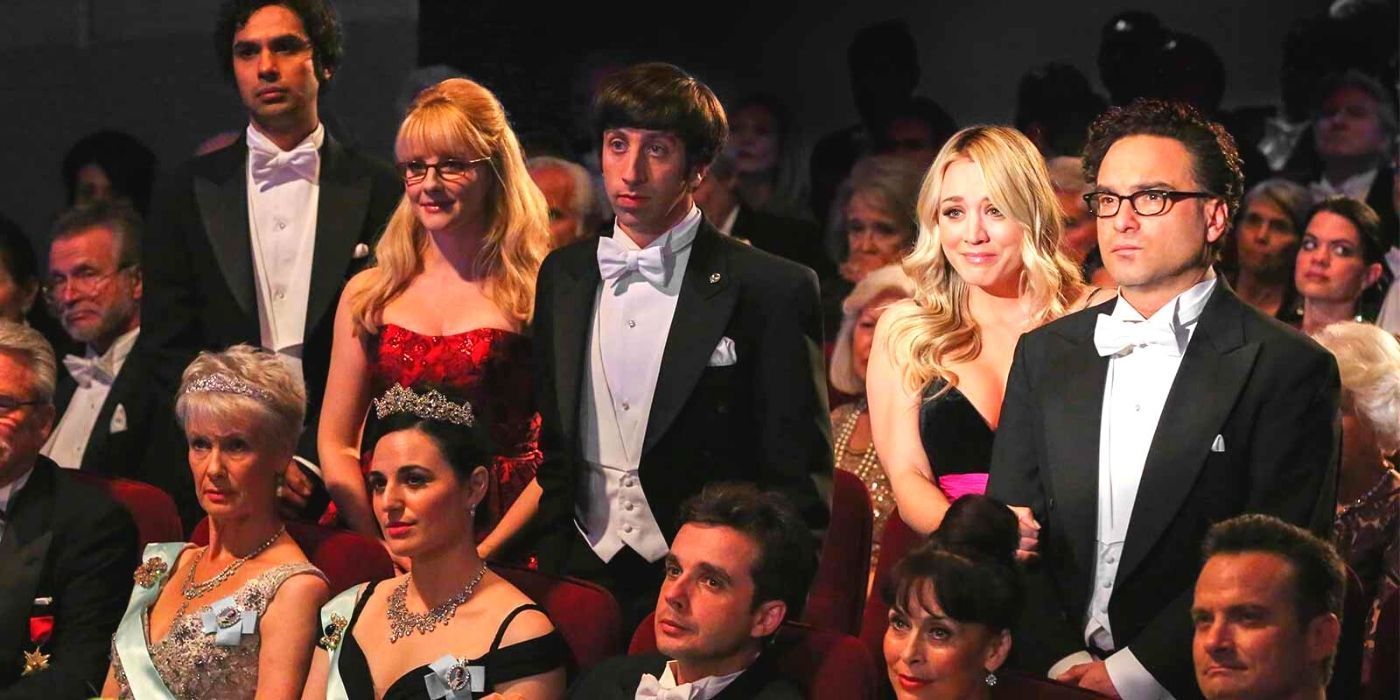There were other things that factored into the end of The Big Bang Theory, but all of those didn't matter because it wouldn't have survived Jim Parsons' exit. Months before it returned for its 12th season, it was announced that the sitcom was wrapping up its run. This came as a shock since CBS had just expressed their intention in ordering at least another season and considering how it maintained its popularity over the years, it made sense that the network was more than willing to pay the cast exorbitant amount money just so the show can continue.
Unfortunately, that didn't matter. Parsons had lost interest in reprising Sheldon Cooper and was ready to move on from The Big Bang Theory. Belatedly, the actor explained how he came up with his decision, according to him, he felt that they did everything they could with his character, and there's nothing else left that they hadn't tried. While Parsons was done, Kaley and Johnny Galecki were more than happy to return for season 13. Instead of continuing the show with an incomplete cast, however, everyone decided it's best for the sitcom to just end altogether. Parsons' choice was regarded as the ultimate reason for The Big Bang Theory bowing out, but in a recent interview, Mayim Bialik revealed that there were other elements that played into why the sitcom wrapped up after 12 seasons.
This understandably piqued the interest of many. Between the rest of the cast wanting to continue and CBS open to ordering The Big Bang Theory season 13, there doesn't seem to be any other reason for the show's cancelation other than Parson's exit. Bialik also said in her interview that the public may never learn about these other reasons, but in hindsight, they really don't matter. Losing Sheldon in itself was more than enough reason for The Big Bang Theory to end. While it began as an ensemble show, it had slowly become clear that the socially inept genius was the true main lead of the story. A lot of the weekly narratives revolved around him and his adventures, and on the rare occasion that he's not the focal point of an episode, he still played an intrinsic part in how it played out. This had become more explicit during season 12, which mainly centered on his and Amy's quest to win the Nobel Prize in Physics on the heels of their wedding.
As The Big Bang Theory shifted its focus on Sheldon, it effectively relegated the rest of the Pasadena gang as mere supporting characters. This resulted in stagnated arcs for all of them, particularly Raj wh0 didn't have a personal arc for years until he was set up with an arranged marriage with Anu Gupta which ultimately didn't go anywhere. Even Penny and Leonard who were very popular barely had any progress in their relationship after they got married. The finale season also attempted at giving the Hofstadters a final arc with their pregnancy conflict, but it was so rushed and the revelation that they're expecting felt unearned. Had The Big Bang Theory equally developed each of the characters' stories throughout its run, they may be it can survive without Sheldon, however, it had become dependent on the theoretical physicist that removing him from the equation would effectively collapse the show.
Further proof of Sheldon essentially being The Big Bang Theory's true lead is the existence of Young Sheldon. The spin-off prequel allows CBS to continue taking advantage of its parent show's enduring popularity which tackles Sheldon's younger years living with his family in Texas. The spin-off seems to be doing good for the network as it was recently granted a rare three-year renewal.


